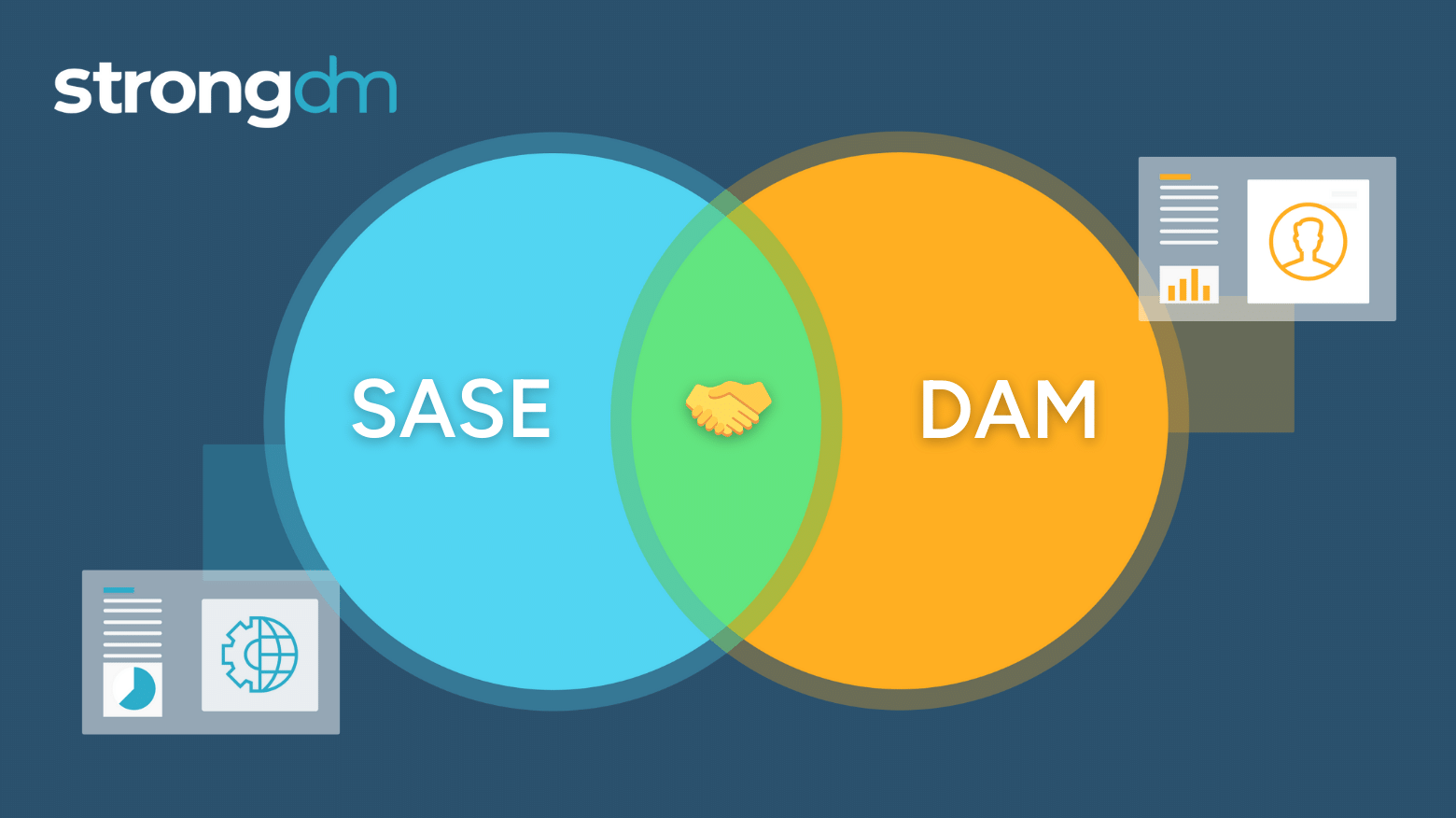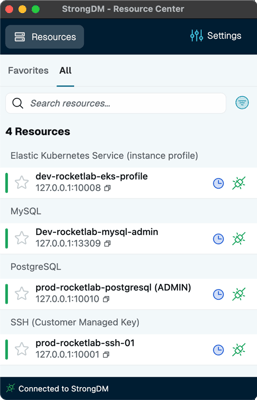While SASE excels in providing broad network security coverage and solves broad issues for regular enterprise users, it is not equipped to address the specific requirements of privileged users who wield extensive administrator or superuser privileges. Dynamic Access Management (DAM) addresses the specific needs of privileged users by providing granular control over their access grants and sessions in real time.
Posts by Category:
- Security
- Access
- DevOps
- Privileged Access Management
- Auditing
- Zero Trust
- Policy
- Compliance
- SOC 2
- Authentication
- Databases
- Identity and Access Management
- Compare
- Team
- Product
- Integrations
- Kubernetes
- AWS
- Engineering
- Productivity
- Podcasts
- Observability
- SSH
- HIPAA
- ISO 27001
- Dynamic Access Management
- Role-Based Access Control
- Secure Access Service Edge
- Webinars
- Events
- NIST
- Onboarding
- Passwordless
- Offsites
- Platform
- PCI
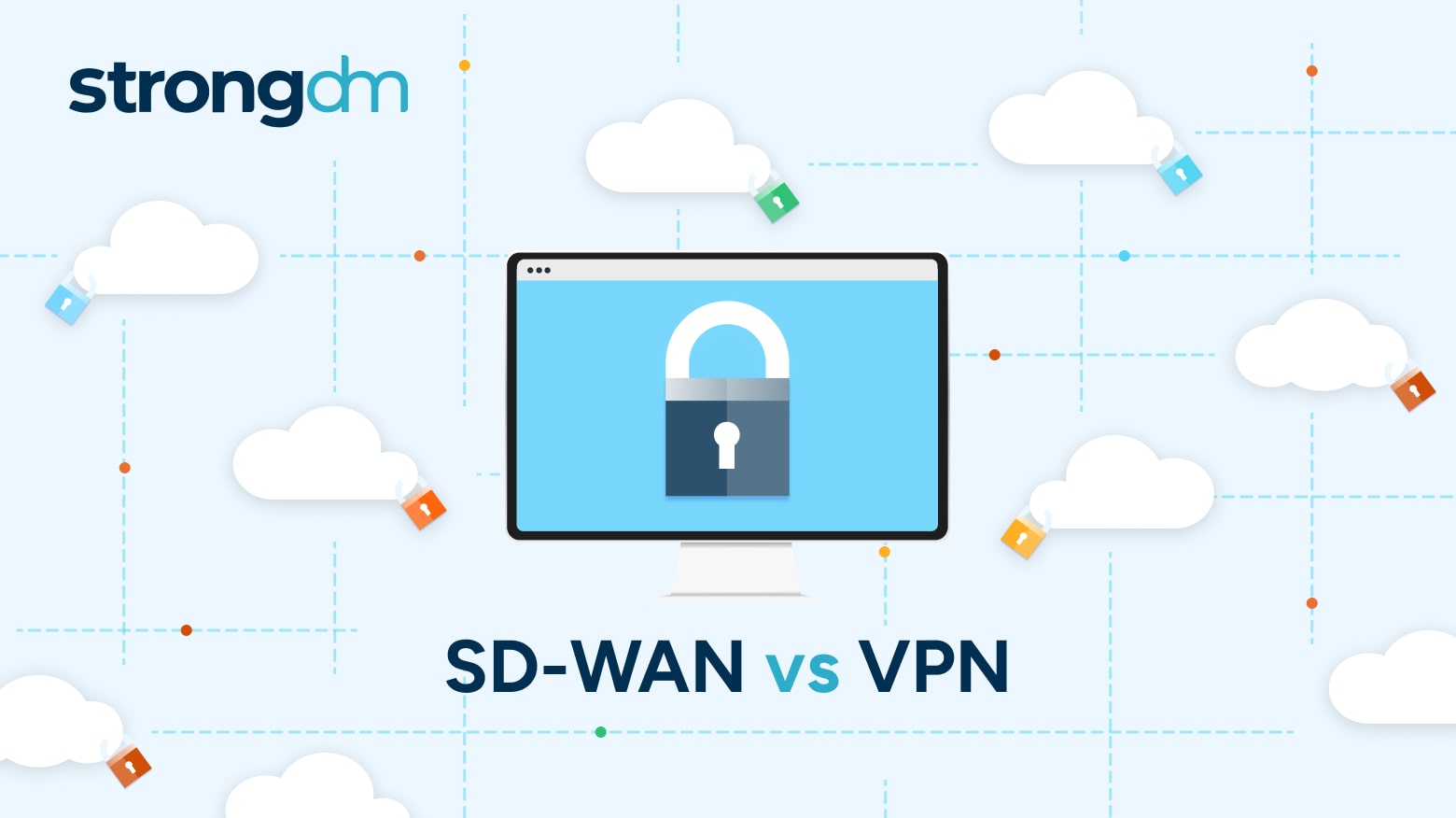
Networking decisions can be challenging, and no one wants to make a costly mistake. The information in this article will help you understand how SD-WAN and VPN compare, so you can decide which option fits your organization best. You can find a networking solution that provides your employees with a secure internet connection while meeting your business needs and budget.
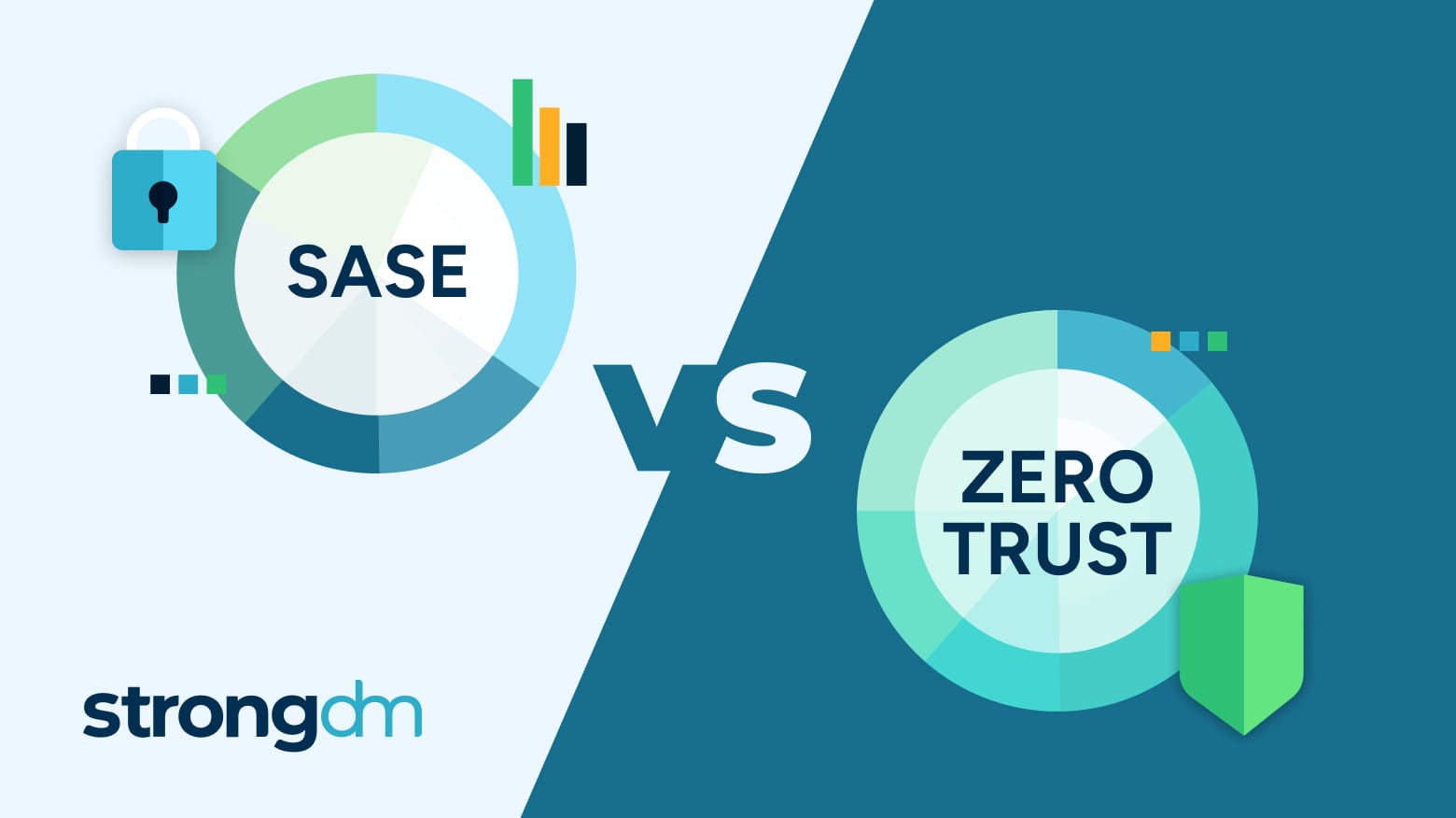
Concerned about providing secure access to the data and tools employees need to do their jobs in a cloud or hybrid environment? Don’t worry. Solid strategies exist for protecting distributed resources. Zero Trust and SASE are two architectural approaches that provide strong security in today’s cloud-first world. The information in this article will help you decide which strategy works best for your business. Robust cloud security is attainable.
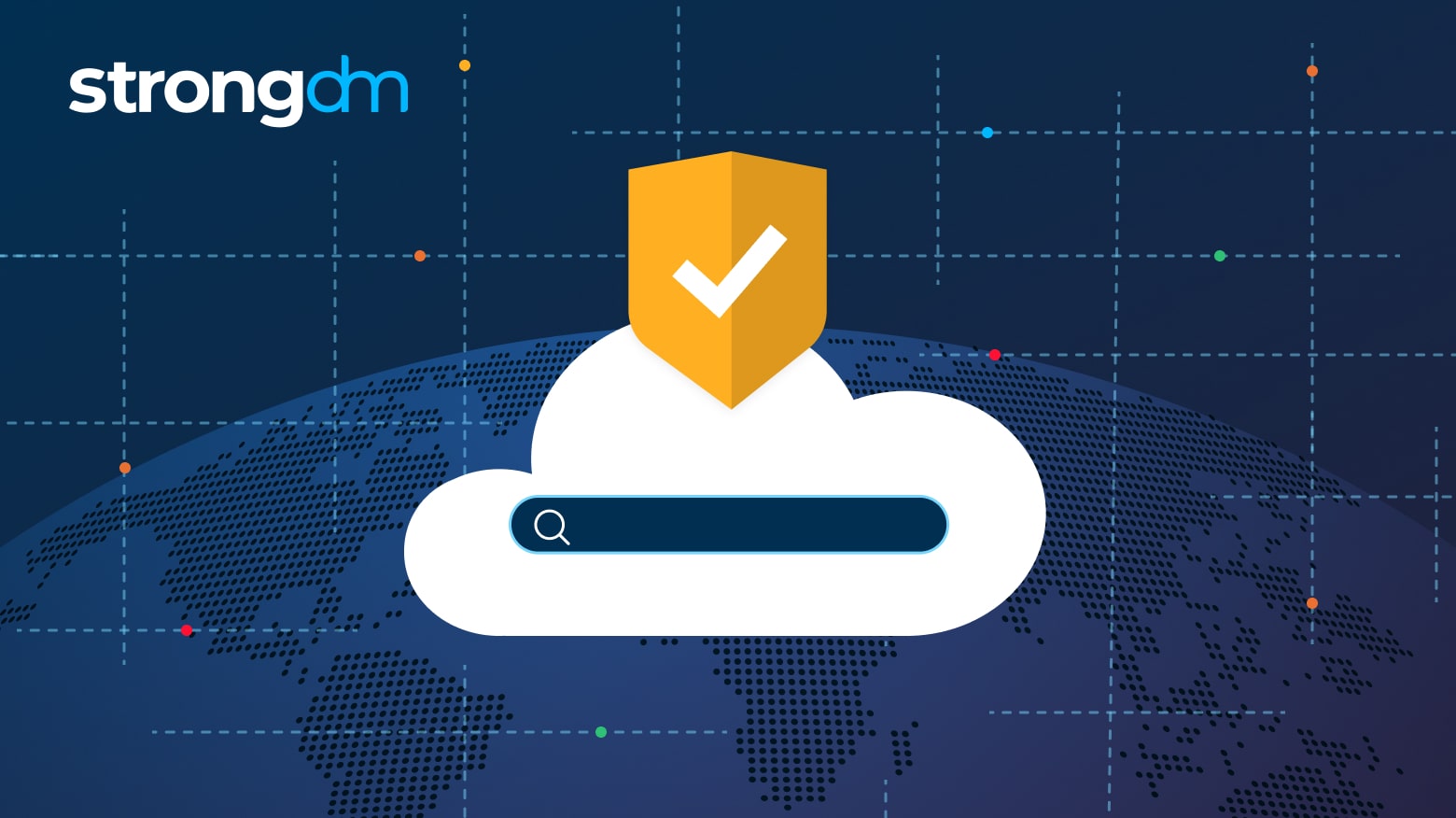
In this article, we take a deep dive into Remote Browser Isolation (RBI), its history, and how it works. You'll learn about the common challenges associated with remote browser isolation and its importance in securing users from internet-based cyber threats. By the end of this article, you'll gain a complete understanding of remote browser isolation, as well as how it can be used to complement a Zero Trust framework.
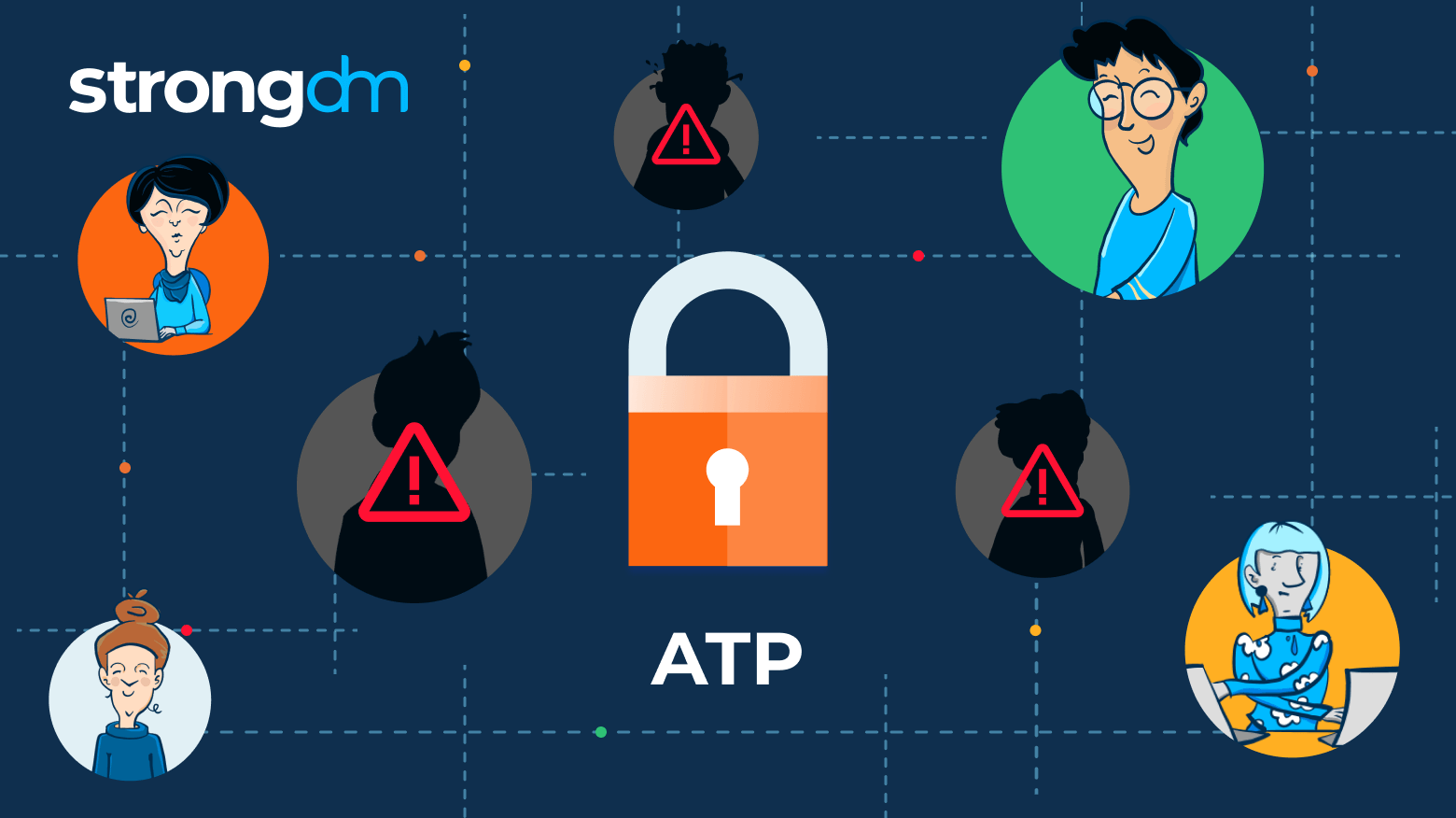
Advanced threat protection is a type of cybersecurity dedicated to preventing pre-planned cyberattacks, such as malware or phishing. ATP combines cloud, file sharing, email, network, and endpoint security.
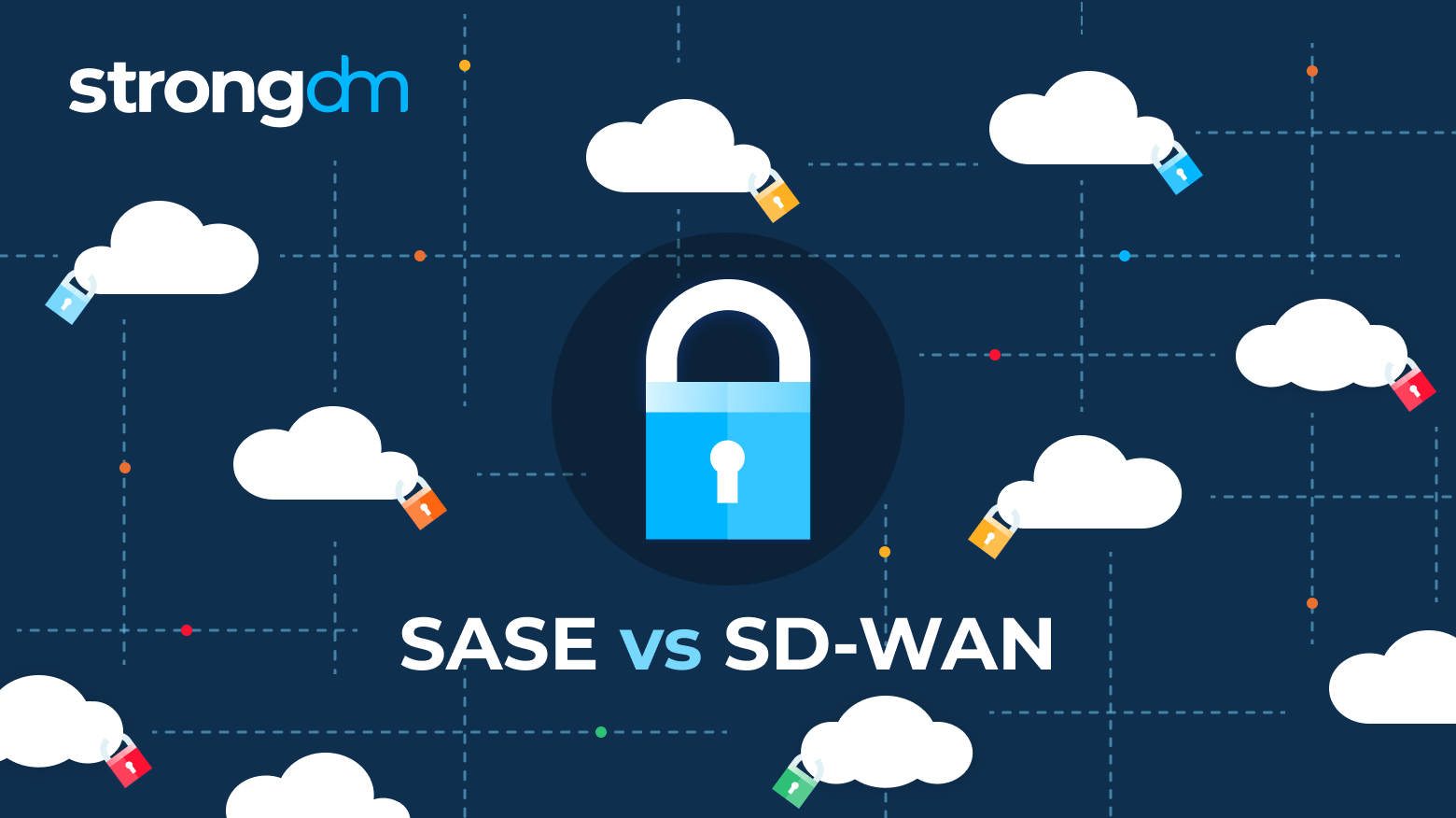
SASE is a cloud-based network security solution, whereas SD-WAN is a network virtualization solution. SASE can be delivered as a service, making it more scalable and resilient than SD-WAN. Additionally, SASE offers more comprehensive security features than SD-WAN, including Zero Trust security and built-in protection against Distributed Denial-of-Service (DDoS) attacks.
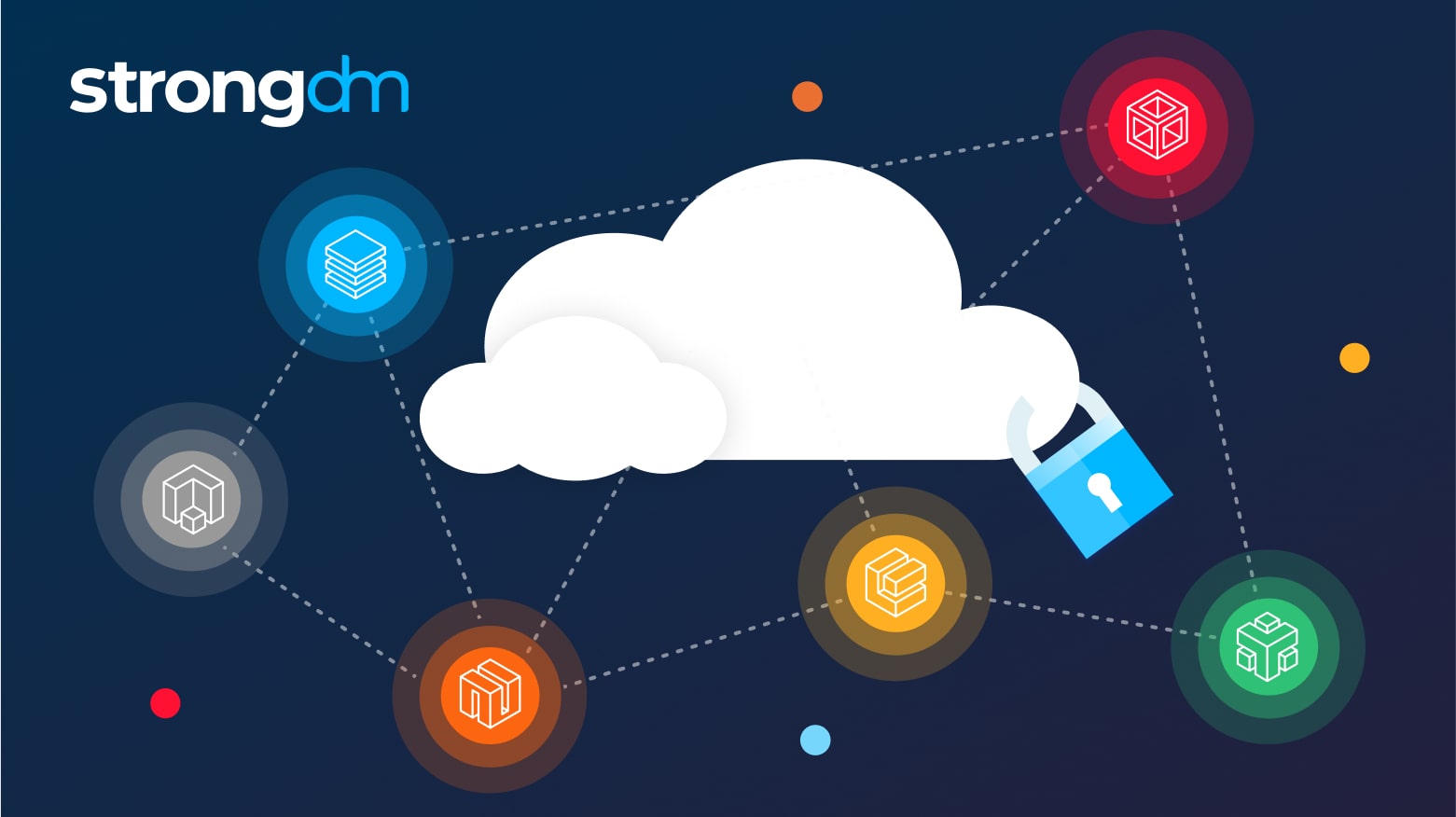
In this article, we’ll take a big-picture look at how SASE and CASB solutions fit into the enterprise security landscape. We'll explore the key differences between SASE and CASB and explain how each tool helps ensure enterprise security. You will gain an understanding of how SASE and CASB solutions compare and which might be suitable for your organization.
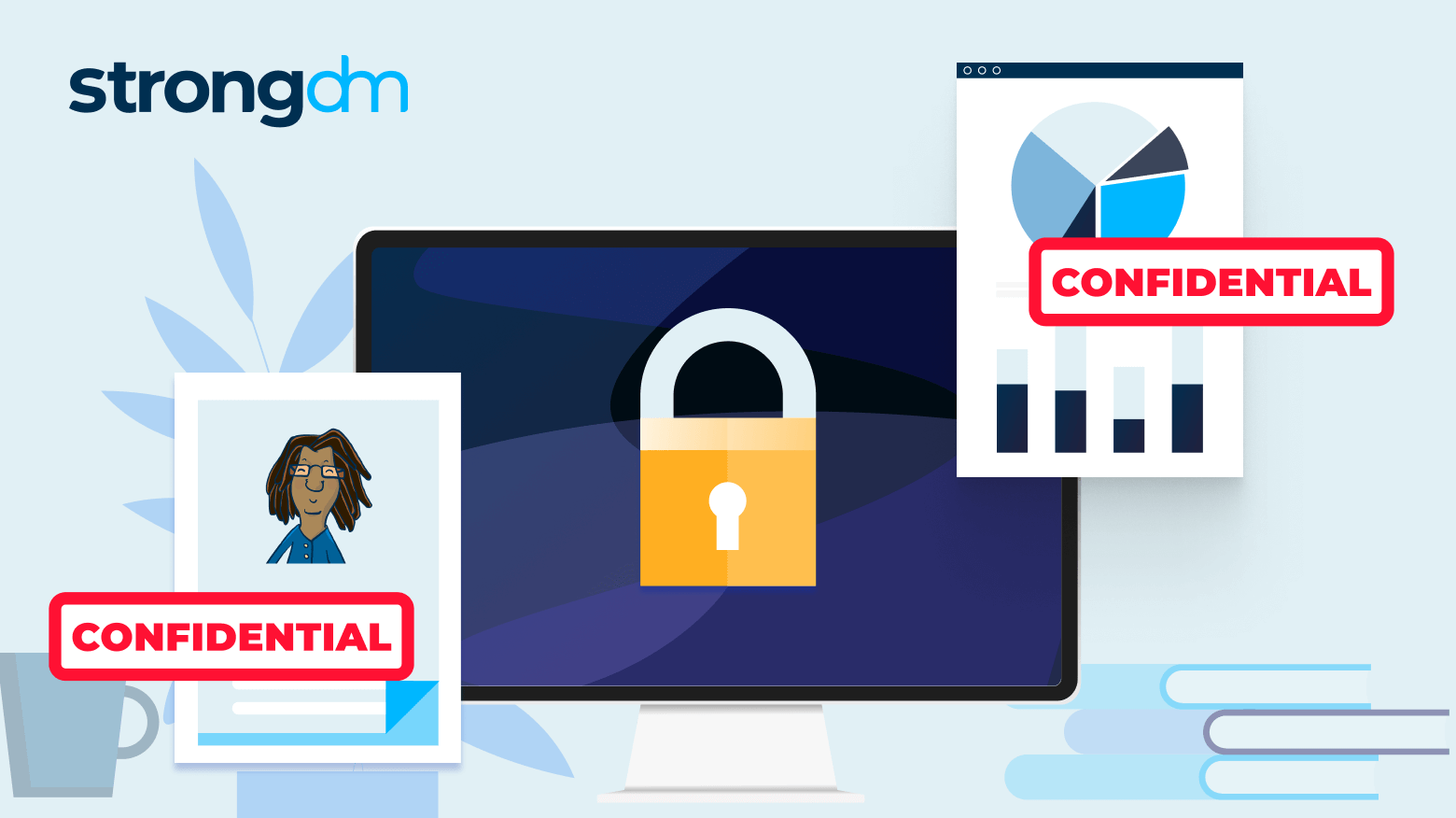
Data loss prevention (DLP) can save organizations millions of dollars on data breaches every year. In this article, we will take a big-picture look at data loss prevention and discover how DLP tools and processes strengthen an enterprise’s security posture.
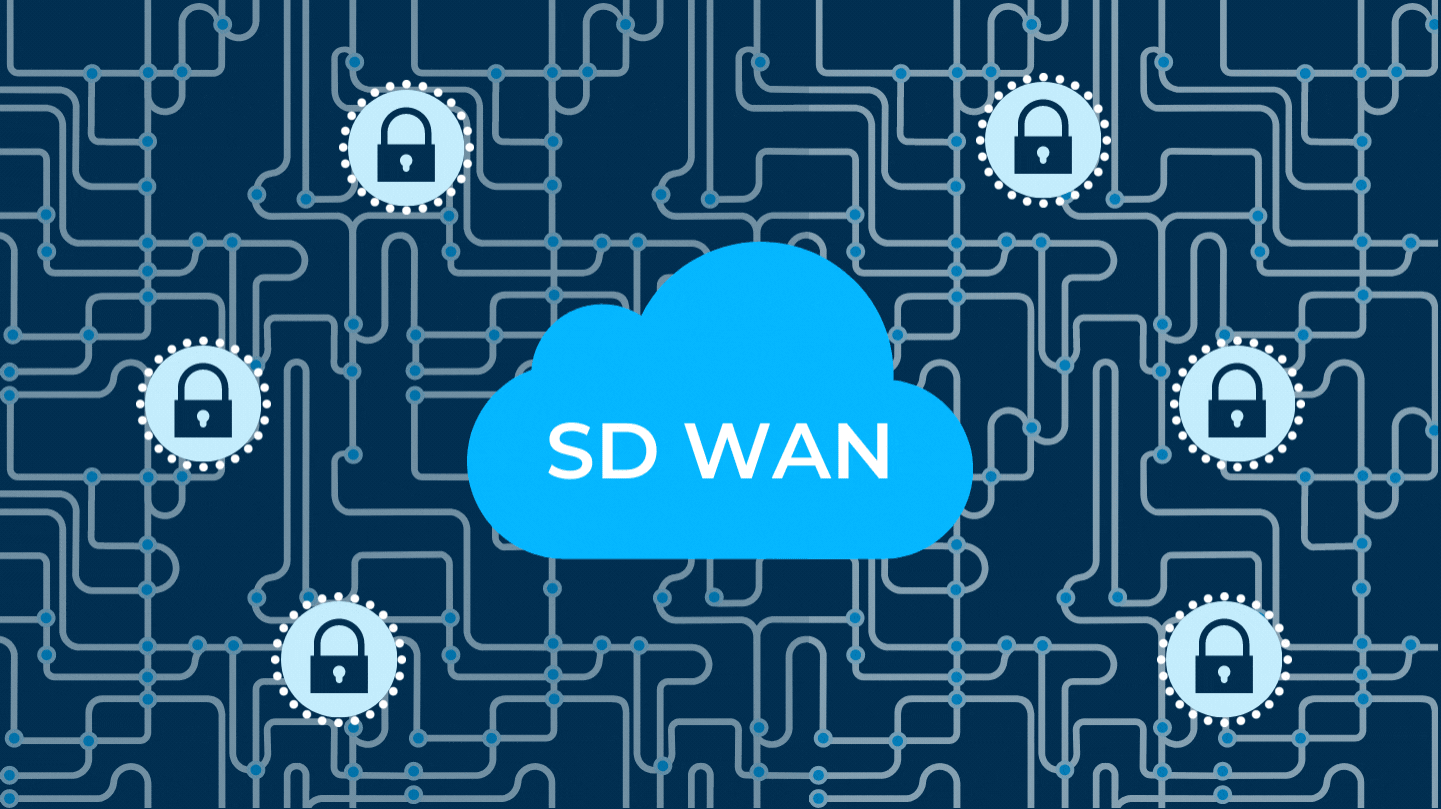
In this article, we’ll review what SD-WAN is, its history and development, as well as the key benefits and limitations of SD-WAN deployment. You’ll learn the difference between SD-WAN and WAN, VPNs, MPLS, and SDN and how the different services and solutions compare.
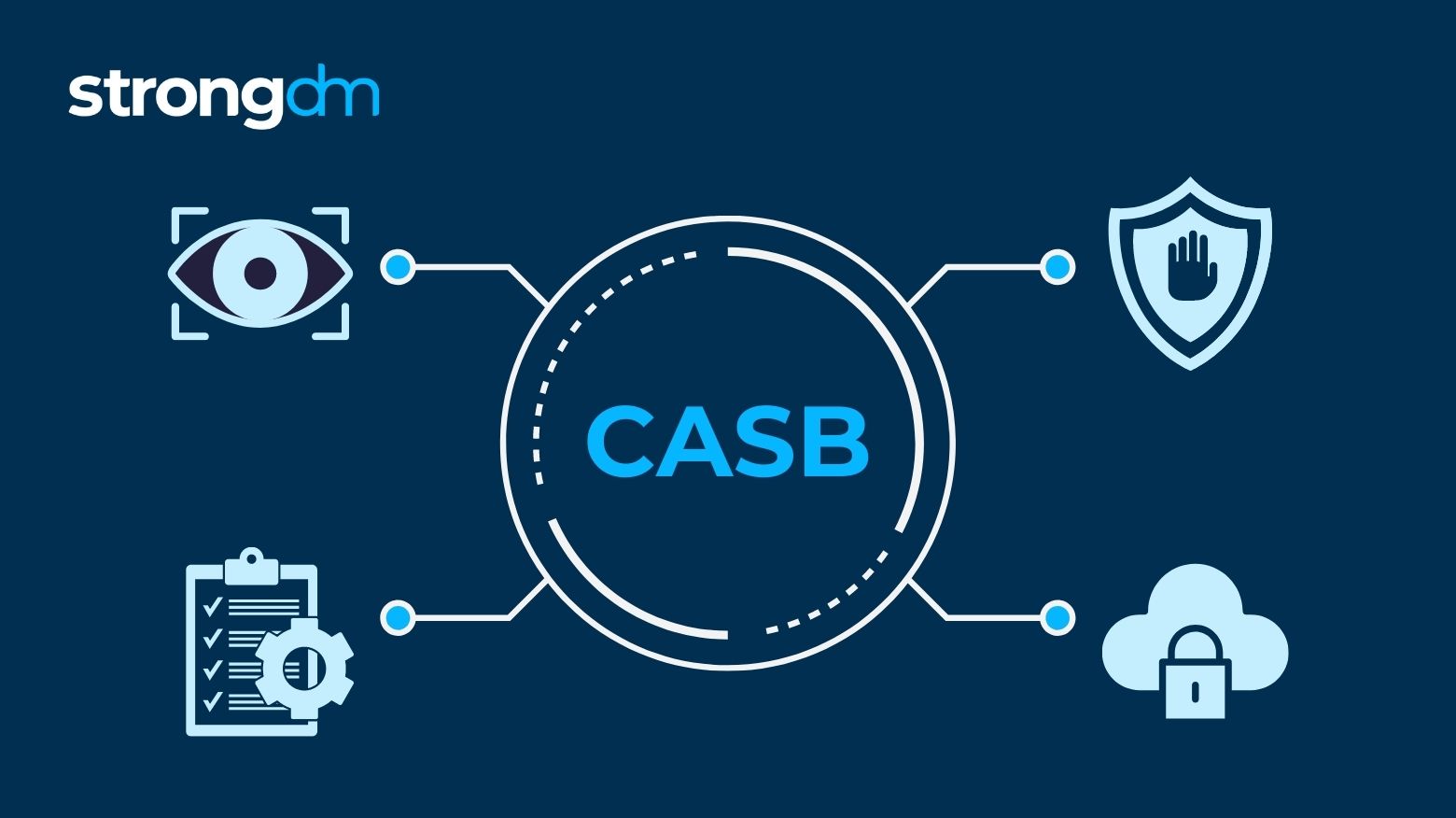
In this article, we’ll take a high-level look at what a CASB is, what it does, and how it works. You’ll learn the key pillars of CASBs and how they address the growing threat of Shadow IT in cloud-based organizations. By the end of this article, you’ll understand the differences between CASB, SASE, and IAM, as well as the main challenges to implementing a CASB solution.
